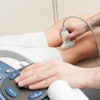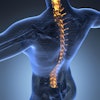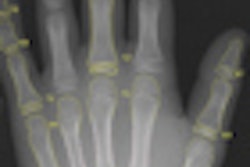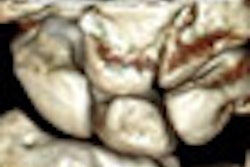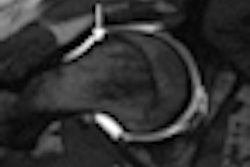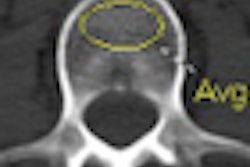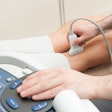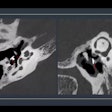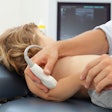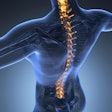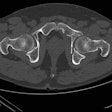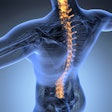Dear Musculoskeletal Imaging Insider,
This edition of the Musculoskeletal Insider provides an exclusive first look at a study that seeks to answer the question: Are sports good for your knees?
Researchers from Stanford University and the University of California, San Francisco utilized three MR imaging techniques to show the physical impact of playing basketball varies for different cartilage regions in the knee, and these same techniques may help detect subtle cartilage changes.
The study findings also suggest there may be beneficial effects on tibiofemoral cartilage and potentially damaging effects on patellofemoral articular cartilage among young, asymptomatic athletes who play a high-intensity level of basketball. Read more by clicking here.
Olympic athletes also are featured in this edition of the Insider. Dr. Bruce Forster, director of medical imaging during the Vancouver 2010 Winter Olympics and Paralympic Games, provides his insights and reflections on leading a volunteer team of 19 radiologists and 51 technologists to help these athletes continue to participate after an apparent injury.
What happens when doctors own or lease MRI equipment? A study from Stanford University concluded that their patients are more likely to receive scans for low back pain, and patients of orthopedists who get scans are more apt to undergo back surgery.
The researchers reviewed scan rates for Medicare patients of 1,033 primary care physicians and 1,271 orthopedists, and found that the rate of MRI scans increased by 13% for orthopedists' patients and 32% for patients of primary care doctors.
This edition of the Insider also features a report from associate editor Cynthia E. Keen on how a routine clinical x-ray may provide the first indication that a child has low bone mineral density if radiotranslucency of bones is observed.
Finally, using 1-tesla MRI, researchers with the Multicenter Osteoarthritis Study (MOST) have found that prevalent cartilage damage and cartilage loss "strongly predict" bone marrow lesions and support the progression of knee osteoarthritis. The MOST study also concluded that meniscal tears are associated with meniscal extrusion, through which the meniscus can be dislocated as a result of the osteoarthritis process.
Be sure to stay in touch with the Musculoskeletal Imaging Community on a daily basis to stay up to date on all the latest news and research developments.
